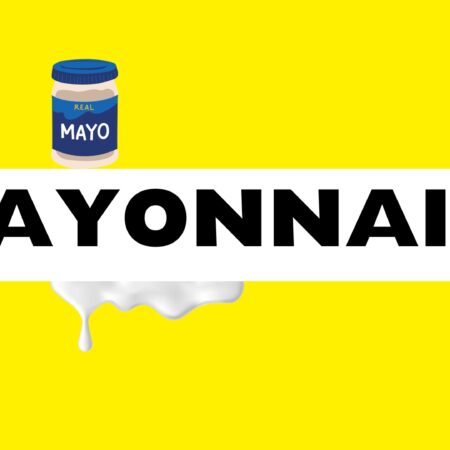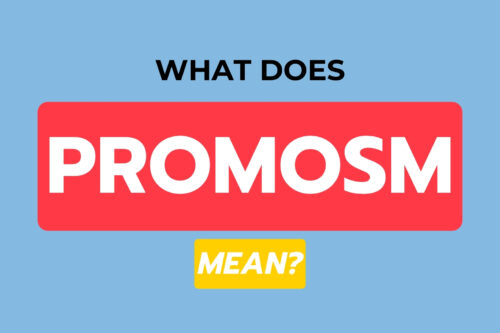What Does Vapid Mean?
Vapid: an adjective that describes something or someone as lacking liveliness, vigor, or spirit, essentially dull, flat and uninteresting.
It implies a lack of substance, depth, or meaning. When (this word) is used to describe a person, it suggests that they are lifeless, boring, or unimaginative.
What Is the Definition of Vapid?
The Merriam-Webster dictionary defines vapid as “lacking flavor, zest, interest, animation, or spirit.”
In simpler terms — it means dull, uninteresting, or lacking substance.
Origin of the Word “Vapid”
The word “vapid” derives from the Latin word “vapidus.” Which means “flat” or “insipid.” It first appeared in English in the late 16th century—initially referring to something that lacked flavor or taste. Overtime – its meaning expanded to encompass a broader sense of dullness or lack of interest.
Synonyms for Vapid
Some common synonyms for vapid include:
- Dull
- Bland
- Insipid
- Lifeless
- Unimaginative
- Uninteresting
- Tedious
- Tiresome
- Monotonous
Antonyms for Vapid
Antonyms, or words with opposite meanings, for vapid include:
- Lively
- Interesting
- Stimulating
- Engaging
- Vibrant
- Spirited
- Captivating
- Exciting
- Fascinating
How is Vapid Used in a Sentence?
Here are a few examples of how “vapid” can be used in a sentence:
| Sentence |
|---|
| “I couldn’t finish that book, it was so vapid and unengaging.” |
| “Her speech was so vapid, I almost fell asleep.” |
| “I can’t stand those vapid reality TV shows.” |
| The vapid party lacked any real excitement or entertainment. |
| Her vapid personality made it hard to maintain a conversation with her. |
| The novel’s vapid plot failed to capture the reader’s attention. |
| The vapid movie was so dull that many audience members walked out. |
Examples of Vapid in Literature and Pop Culture
Vapid Characters in Literature
Many literary works feature vapid characters (who serve as foils) to more interesting or dynamic protagonists.
Some examples include:
- Emma Bovary in Gustave Flaubert’s “Madame Bovary”
- Daisy Buchanan in F. Scott Fitzgerald’s “The Great Gatsby”
- Celestina in Benito Pérez Galdós’s “Fortunata y Jacinta”
Vapid Songs and Lyrics
In the world of pop culture, few songs and lyrics have been criticized for their vapid or shallow content. Examples include:
- “Baby” by Justin Bieber
- “Party in the U.S.A.” by Miley Cyrus
- “Hollaback Girl” by Gwen Stefani
What are Some Common Misconceptions about Vapid?
One common misconception about the word “vapid” is that—it exclusively refers to a lack of intelligence or depth of thought.
However, the word can also be used to describe something simply dull, uninteresting, or lacking in substance, regardless of the intellectual capacity of the person or thing being described.
Is Vapid a Positive or Negative Word?
Vapid is generally considered a negative word. It is because it implies a lack of substance, interest, or liveliness. It is often used as a criticism or to express disappointment. Additionally, it is also used for dissatisfaction with something or someone.
How to Avoid Being Vapid
To avoid being perceived as vapid—it is important to cultivate a lively and engaging personality, pursue intellectual curiosity and strive for depth and substance in one’s thoughts, actions and creative endeavors. Seeking out new experiences, engaging in stimulating conversations and continuously learning and growing can help battle vapidity.
How to Use Vapid in Writing
When using “vapid” in writing, it is important to provide context and examples. This is to support the assertion that something or someone is lacking in substance or interest. Merely stating that something is “vapid” without further elaboration may come across as a weak or unsupported claim.
Is Vapid a Formal or Informal Word?
Vapid is considered a relatively formal word. It is typically used in more formal writing or speech contexts. It is less common in casual or informal conversation, where more colloquial synonyms like “dull” or “boring” might be preferred.
Is Vapid a Commonly Used Word?
While not an unclear or uncommon word, “vapid” is not among the most frequently used adjectives in the English language. Its usage tends to be more prevalent in literary and academic contexts, as well as in critical reviews (or analyses) of creative works.
How Vapid is Used in Different Contexts
While the core meaning of “vapid” remains consistent—its application can vary relying on the context.
Here’s a breakdown of how vapidness manifests in different areas:
- Communication: Vapid conversations lack depth and genuine interest, leaving participants exhausted and unfulfilled.
- Art and Literature: Vapid creative works lack originality, emotional resonance, and depth, often involving predictable plots and generic characters.
- Ideas and Beliefs: Vapid beliefs lack vital thinking and intellectual rigor – often based on stereotypes or misinformation.
- Personality: A person perceived as vapid may show superficial charm but lack genuine interest in others, focusing on material possessions or social status “instead of meaningful connections.”
Cultural and Societal Influences on the Perception of Vapidness
Our perception of vapidness is not static. Cultural and societal models influence what we consider dull or stimulating.
- Focus on Individualism: Cultures valuing self-expression and personal success may see conformity and lack of personal aspiration as vapid.
- Fast-Paced Societies: Societies focused on persistent excitement may find slower activities or boring conversations to be vapid.
- Shifting Social Values: What is considered vapid can transform over time, with once engaging things becoming common and losing their appeal.
Understanding the Psychology Behind Vapid Behavior
There can be numerous underlying reasons why someone might display vapid behavior:
- Fear of Vulnerability
- Lack of Self-Awareness
- Social Pressures
Effects of Vapidness on Personal and Professional Growth
A life steeped in vapidness can obstruct personal and professional growth:
- Limited Intellectual Stimulation: Exposing oneself only to uncomplicated ideas hinders intellectual progress and the capability to think critically.
- Shallow Relationships: Vapid communication encourage superficial connections and hinders the establishment of meaningful relationships.
- Lack of Personal Growth: Concentrating on the shallow aspects of life leaves little room for introspection, self-discovery, and private growth.
- Career Stagnation: In professional settings, being perceived as vapid can limit possibilities for progression and appreciation.
How to Pronounce Vapid
The word “vapid” is pronounced as “VAP-id,” ( IPA : /ˈvæpɪd/) with the stress on the first syllable. The “a” is pronounced like the “a” in “cat,” and the “i” is pronounced like the “i” in “it.” The “d” at the end is pronounced clearly.
Conclusion.
So, to sum it up—vapid means lacking interest, excitement, or substance. This term can be used to describe something (or someone) as dull or uninteresting. Now you know the meaning of vapid. Use it wisely in your writing and conversations. Thanks for reading.







Leave a Reply